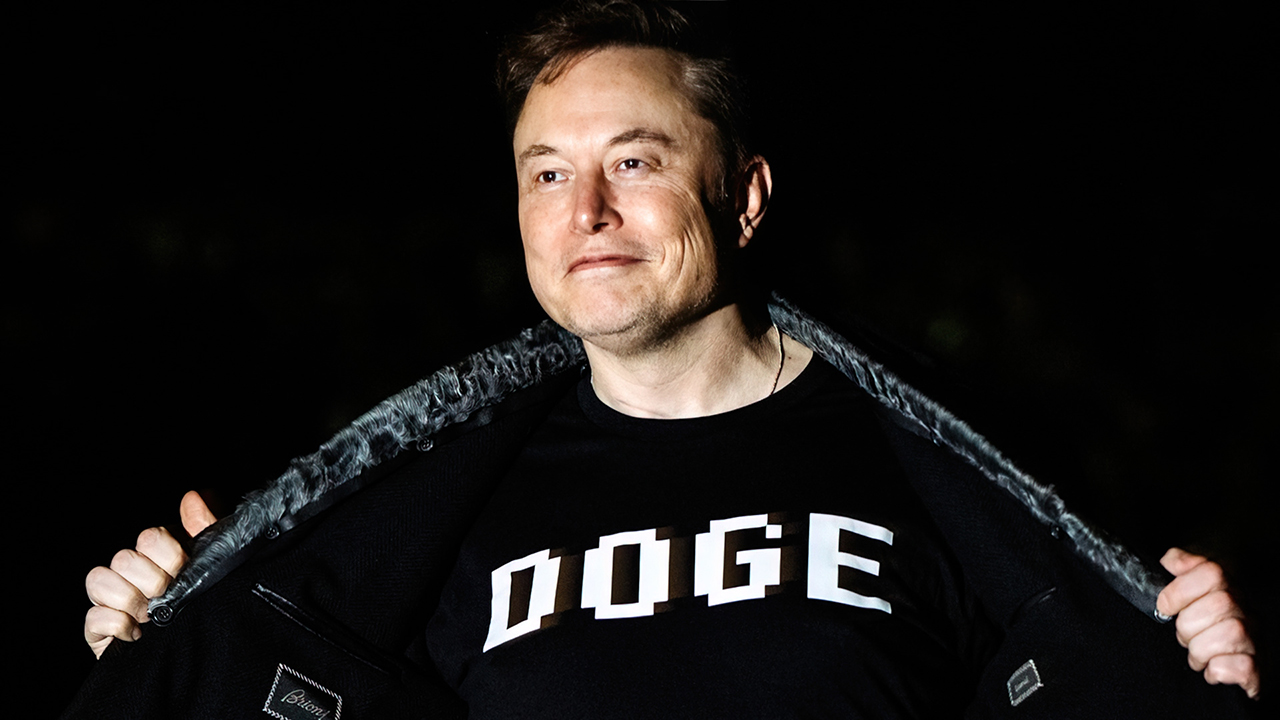London’s Neuracore raises €2.5 million to replace ‘Frankenstein’ robotics stacks with unified robot-learning infrastructure

Neuracore, a British robot learning platform to scale and deploy faster, has closed a €2.5 million ($3 million) pre-Seed funding round to fuel team expansion, accelerate product development, and support Neuracore’s growth.
The round was led by Earlybird Venture Capital, with participation from Clem Delangue (Co-founder & CEO at Hugging Face) and advisors spanning academia, hardware, and AI.
“After years in academic and industrial robotics, I saw every team – from research labs to warehouse automation startups – rebuilding the same infrastructure from scratch,” says Stephen James, founder and CEO. “Our mission is to eliminate that duplication and democratise access to high-performance robot learning tools. With this funding and our free academic programme, we’re enabling both researchers and companies to focus on advancing robotics itself, not on building the pipelines to support it.”
Neuracore’s pre-Seed round sits within a steadily active 2025 European robotics and physical-AI landscape, where several startups have secured funding across adjacent segments.
In Sweden, Stockholm-based Rerun raised €15.6 million to advance multimodal data infrastructure for robotics and autonomous systems. Switzerland saw two sizeable rounds: Zürich’s Flexion secured €43 million to develop reinforcement-learning “brains” for humanoid robots, while mimic closed €13.8 million to expand its dexterous robotic-hand technology. Germany’s Energy Robotics raised €11.5 million for autonomous inspection software for industrial sites, while Italy’s Adaptronics attracted €3.15 million to scale its adaptive gripper technology.
Together, these 2025 rounds represent approximately €86 million in disclosed capital across companies building data infrastructure, robotic intelligence layers, and advanced manipulation hardware.
Within this context, Neuracore’s focus on robot-learning infrastructure aligns with the increasing investor interest in foundational robotics software rather than solely application-layer systems.
Although no UK-based robotics infrastructure company appears alongside these examples, the cluster of European funding rounds indicates a wider continental shift toward platforms that standardise data handling, training, and deployment for robotics teams.
Laura Waldenstrom, Principal at Earlybird Venture Capital, adds: “The robotics industry is at an inflection point, moving from the ROS 1.0 era to a data-first paradigm powered by deep learning. Teams are still wasting months building and maintaining their own infrastructure instead of focusing on deployment. Neuracore provides what AWS did for web applications: a reliable, scalable platform that just works. We’re thrilled to support Stephen’s vision to become the infrastructure layer for the coming wave of intelligent robotics.”
Founded in 2024 by Stephen James, Assistant Professor of Robot Learning at Imperial College London, Neuracore is building the core infrastructure powering the next generation of intelligent robots.
Its platform enables robotics teams to go from data collection to deployed machine learning models in “days not months“, eliminating the bottlenecks that currently consume up to 80% of engineering time.
Neuracore explains that their software stack replaces fragmented ‘Frankenstein’ robotics setups with a unified, cloud-based system that handles asynchronous data collection, visualisation, training, and deployment. By integrating the full robot learning pipeline into one platform, Neuracore helps teams focus on innovation rather than infrastructure.
The platform is being used by over 50 organisations across commercial and academic robotics, including partnerships with hardware manufacturers.
Alongside the funding, Neuracore is launching a free academic programme. This programme gives universities and research institutions worldwide unrestricted access to the full enterprise platform, or in other words, the same infrastructure used by its commercial customers.
“Academic researchers are building the foundation for tomorrow’s robots,” James adds. “They shouldn’t waste months setting up data pipelines – they should be innovating. We want Neuracore to be the backbone that lets them do that.”
As per data provided by the company – by 2030, the AI-powered robotics sector is projected to exceed €43 billion ($50 billion), driven by advances in deep learning and real-world robot deployment. Yet, Neuracore says most robotics teams remain limited by infrastructure constraints, often spending months integrating disparate systems for data logging, training, and deployment.
Neuracore’s platform aims to solve this by providing purpose-built infrastructure optimised for robotics workflows – from asynchronous data streaming and ML-native storage to one-click deployment and continuous improvement loops.
With its new academic programme, Neuracore aims to close the accessibility gap between research and industry. Universities and robotics labs will now have free, unlimited access to the full platform, enabling faster experimentation, collaboration, and reproducibility across institutions.
The post London’s Neuracore raises €2.5 million to replace ‘Frankenstein’ robotics stacks with unified robot-learning infrastructure appeared first on EU-Startups.

















































